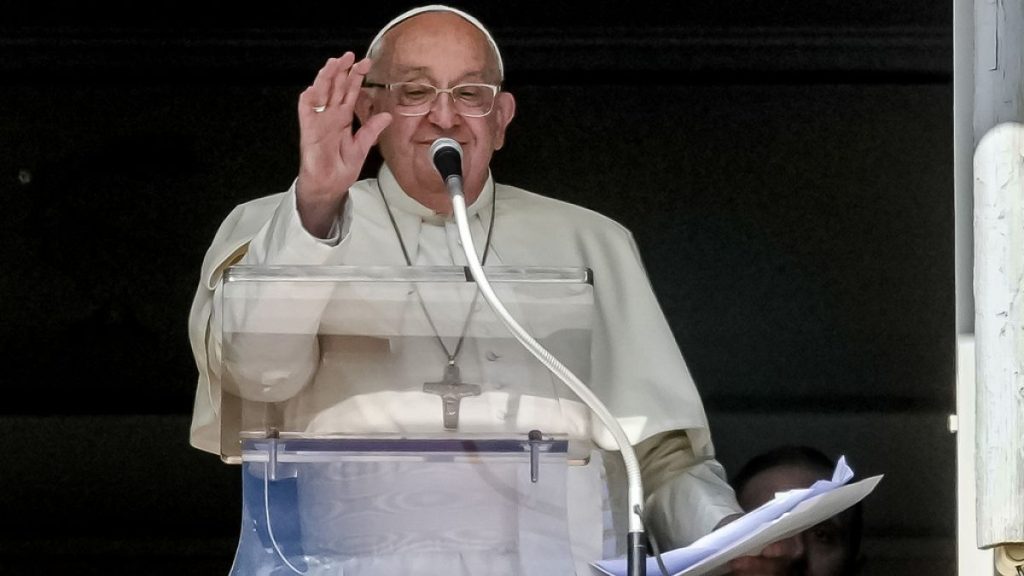Pope Francis recently named Bishop Mykola Bychok of the Ukrainian Greek Catholic Church in Australia as a cardinal, in recognition of the ongoing war in Ukraine. This nomination significantly increased the size of the College of Cardinals and solidified the pope’s influence over the group that will eventually choose his successor. Bychok, at 44, is the youngest Cardinal nominee and is Ukraine’s only representative in the College. The new Cardinals will receive their red hats during a ceremony on December 8th, coinciding with the start of the Christmas season in Rome. This marks the 10th consistory under Pope Francis and will be the largest addition of voting-age Cardinals to the College during his pontificate.
Among the other newly appointed Cardinals are Bishop Dominique Joseph Mathieu of Tehran, Iran, and Bishop Paskalis Bruno Syukor of Bogor, Indonesia, both belonging to the Franciscan religious order. Additionally, Archbishop Vicente Bokalic Iglic of Santiago del Estero, Argentina; Archbishop Luis Gerardo Cabrera Herrera of Guayaquil, Ecuador; and Archbishop Carlos Gustavo Castillo Mattasoglio of Lima, Peru, were named from South America, highlighting the continent’s significance in the Catholic Church. North America was represented by Archbishop Francis Leo of Toronto. This diversity showcases the universal scope of the Church and ensures that voices from across the globe are heard in decision-making processes.
The appointment of Cardinals from Asia and Africa also underscores the growing influence of these regions within the Catholic Church. Monsignor Tarcisio Isao Kikuchi, the Archbishop of Tokyo, and Monsignor Pablo Virgilio Sinogco David, the Bishop of Kalookan, Philippines, were named as new Cardinals from Asia. Meanwhile, Archbishop Ignace Bessi Dogbo of Abidjan, Ivory Coast, and Bishop Jean-Paul Vesco of Algiers, Algeria, were selected from Africa. This emphasis on diversity by Pope Francis ensures that marginalized voices are represented at the highest levels of the Church.
Francis’ strategy of appointing Cardinals from the Church’s peripheries ensures that global perspectives are considered in decision-making. By including leaders from regions such as Asia and Africa, the College of Cardinals becomes more reflective of the Church’s worldwide presence. This approach also enhances the decentralization efforts within the Catholic Church, allowing for greater participation and input from a diverse range of cultures and experiences. Overall, these nominations continue Francis’ mission of making the Church a more inclusive and representative institution.
Prior to this announcement, Pope Francis had already appointed the majority of voting-age cardinals who will participate in future conclaves to elect a new pope. His focus on diversifying the College of Cardinals and including voices from various regions around the world has been a consistent theme throughout his papacy. By ensuring that leaders from different corners of the globe have a seat at the table, Francis is creating a more inclusive and representative Church that is better equipped to address the challenges and opportunities of the modern world. Through these appointments, he is leaving a lasting impact on the composition of the highest echelons of the Catholic Church.


